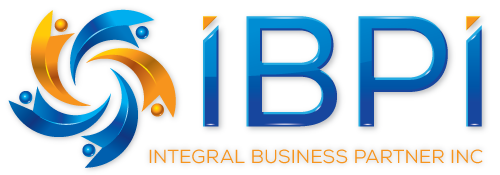In the rapidly evolving world of work, the staffing industry stands at the forefront of some of the most significant technological revolutions. Among these, the integration of Artificial Intelligence (AI) into staffing processes marks a pivotal shift in how agencies source, assess, and place candidates. This transformation not only streamlines operations but also enhances the overall experience for both employers and job seekers.
The Advent of AI in Staffing
The advent of AI in staffing heralds a new era of efficiency and precision. Traditional staffing processes, often laden with manual tasks and subjective decision-making, are being redefined. AI, with its capacity to analyze large volumes of data and identify patterns, brings a level of insight previously unattainable. From automating mundane tasks to providing strategic data-driven recommendations, AI is changing the landscape of staffing from the ground up.
Benefits of AI Integration
The benefits of integrating AI into staffing are manifold. For starters, AI-driven tools can significantly reduce the time it takes to source and vet candidates. By automating the initial screening process, staffing agencies can focus their efforts on engaging with the most promising candidates. Moreover, AI can enhance the accuracy of candidate-job matching, ensuring that positions are filled not only quickly but also with the right fit, thereby reducing turnover rates and increasing job satisfaction.
Another significant advantage is the potential for bias reduction. AI algorithms, when properly designed and monitored, can help minimize unconscious bias by focusing on skills and qualifications rather than subjective criteria. This leads to more diverse and inclusive hiring practices, which have been shown to contribute to better organizational performance.
Challenges and Considerations
However, the integration of AI into staffing is not without its challenges. Privacy concerns, the need for transparency in AI decision-making processes, and the potential for algorithmic bias are issues that agencies must navigate carefully. Ensuring that AI systems are ethical and fair requires ongoing vigilance and a commitment to regular auditing and updates.
The Human Element
Importantly, AI does not replace the human element in staffing; rather, it augments it. The insights and efficiencies gained through AI enable staffing professionals to devote more time to the human-centric aspects of their work, such as building relationships and advising clients and candidates. In this way, AI can be seen as a tool that enhances the value that staffing agencies provide, rather than diminishing the role of human expertise.
Looking Ahead
As we look to the future, the role of AI in staffing is set to grow. With advancements in technology and a deeper understanding of how to leverage AI ethically and effectively, staffing agencies that embrace AI will find themselves at a competitive advantage. The key to success lies in balancing technological innovation with a commitment to ethical practices and the human touch that lies at the heart of the staffing industry.
In conclusion, the integration of AI into staffing processes is transforming the industry in profound ways. By streamlining operations, enhancing decision-making, and improving outcomes for both employers and job seekers, AI is not just a tool for efficiency but a catalyst for innovation. As staffing agencies navigate this new landscape, the potential for more effective, equitable, and engaging staffing solutions is immense.
